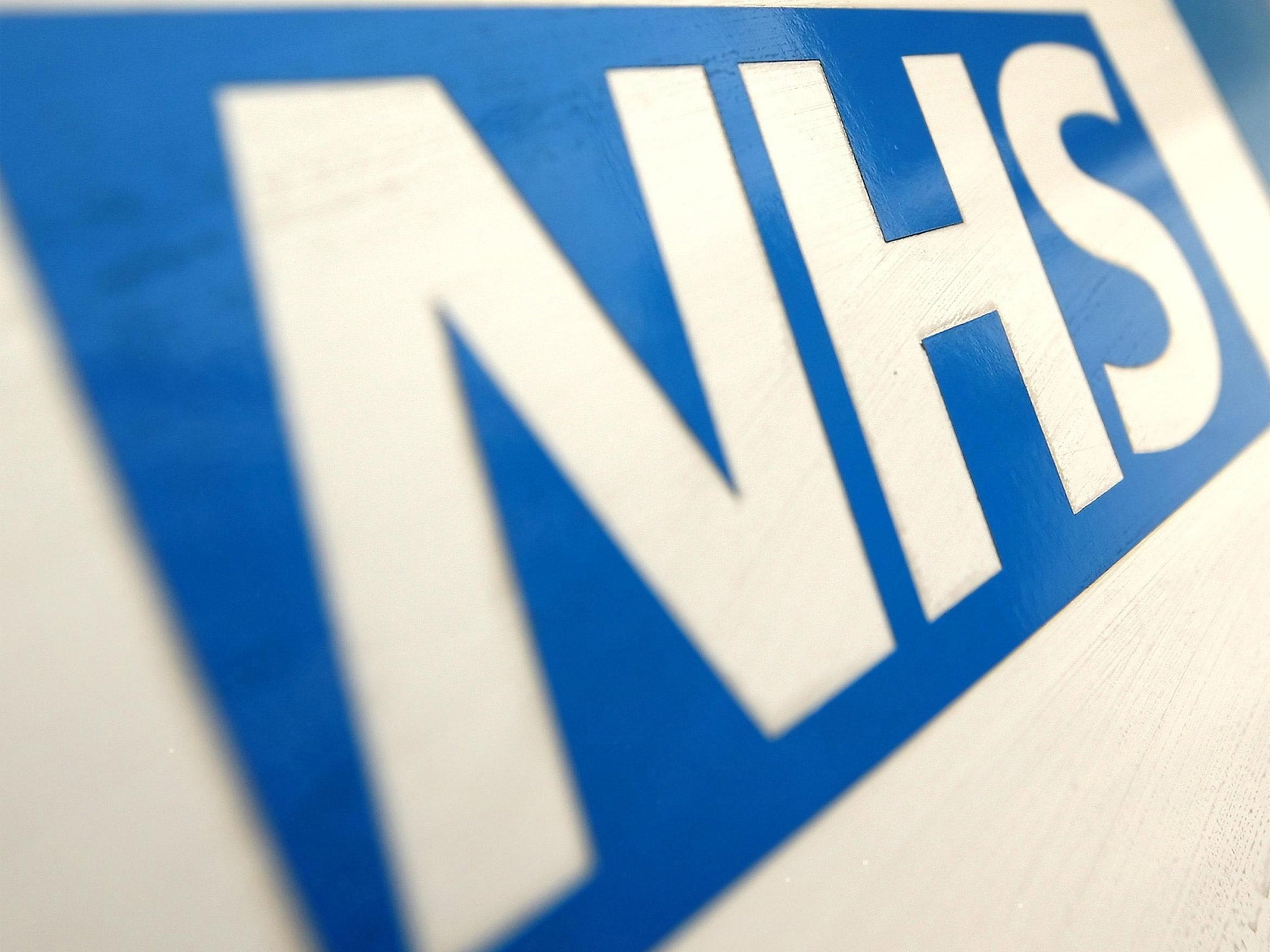NICE is doing 'more harm than good' by offering expensive new drugs on the NHS, claim health economists
Transferring money from other parts of the health service is likely having an impact on staffing, cuts to services and delays in getting treatment

The health benefits of offering expensive new drugs on the NHS are far outweighed by the harms done by cutting other areas of health service spending, a major new study has claimed.
Health economists concluded that the rationing body NICE is spending far too much on new drugs, doing “more harm than good” for the wider patient population and even causing higher mortality from cancer and heart disease.
Researchers at the University of York, funded by Government agency the Medical Research Council and the National Institute of Health Research, said that it costs the NHS on average £13,000 to pay for one quality adjusted life year (QALY) – a widely used measure of the benefits of healthcare that equates to one individual spending a year in perfect health.
However, it is NICE policy to accept drugs that cost up to £30,000 for every QALY and it often pays even higher sums, researchers said.
They estimated that for every £10m per year spent on a drug that cost £30,000 per QALY, people taking the drug would gain 333 QALYs.
However, across the NHS 773 QALYs would be lost because of the transfer of funding – a net loss of 440 QALYs.
The study was unable to determine exactly how transferring money from other parts of the NHS to spending on new drugs was harming patients, but factors such as staffing, cuts to services, and delays in getting treatment are likely having an impact, researchers said.
“When we impose costs on the NHS by approving a new drug, we are going to increase mortality in cancer, circulatory and respiratory diseases,” said Karl Claxton, professor of economics at the University of York and co-author the study.
“We’re going to reduce survival in those disease areas and in gastrointestinal diseases as well. We’re going to have a major impact on quality of life in respiratory diseases, neurological diseases and in mental health.”
Lowering the threshold at which NICE approves drugs from £30,000 to £13,000 per QALY would be a radical move that would throw down the gauntlet to the pharmaceutical industry to lower prices, but would also lead to thousands of patients not receiving life-changing new medicines.
“We do face a pretty stark choice, which is to say we simply cannot afford these drugs at this price, or we continue to accept them but know we will be damaging health outcomes overall,” said Professor Klaxton, adding it was important to recognise that patients who lost out when the NHS pays for an expensive drug were “just as real” as those who benefit.
The study also concluded that the impact of the Cancer Drugs Fund, the Government’s flagship initiative to pay for life-extending drugs that NICE has deemed too expensive, was causing significant harm across the NHS, with around five QALYS lost for every one gained.
NICE currently recommends 8 out of 10 new drugs and health technologies that it appraises – including 6 out of 10 cancer treatments.
Responding to the study, its chief executive Sir Andrew Dillon said that the NHS had always chosen “to use some of its money to adopt new things”
“The question is how to balance investing in the cutting edge of medicine with more routine care.
“Unless you think that drug companies will be prepared to lower their prices in an unprecedented way, using a threshold of £13,000 per QALY would mean the NHS closing the door on most new treatments.
“At the other end of the spectrum, we obviously can’t just say yes to anything and everything. We don’t have enough money and anyway, not everything is worth having. And drug companies need the discipline of a critical market to make sure that price matters.
“Over the last 16 years, we’ve achieved a balance between these two extremes that reflects what we believe the public expects the NHS to do.”
A Department of Health spokesperson said: “We have an independent body that assesses the clinical and cost effectiveness of new drugs – and this Government is determined that patients should get the benefits of the latest advances in medical science. We would not want to do anything which undermines this principle, which is why we set up the Cancer Drugs Fund, allowing over 60,000 people to get access to vital drugs.”
Subscribe to Independent Premium to bookmark this article
Want to bookmark your favourite articles and stories to read or reference later? Start your Independent Premium subscription today.

Join our commenting forum
Join thought-provoking conversations, follow other Independent readers and see their replies